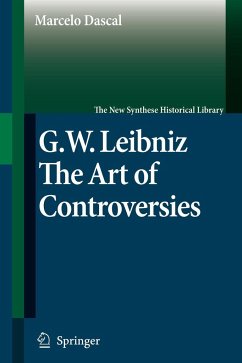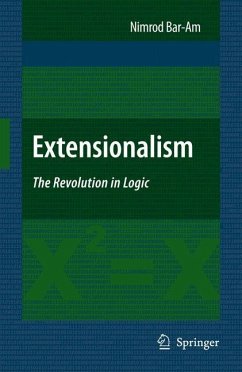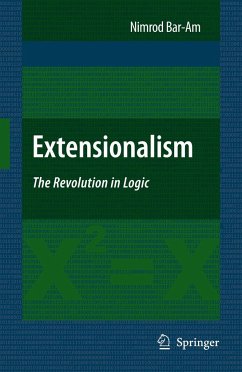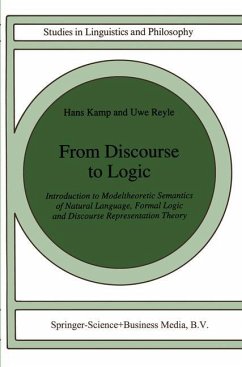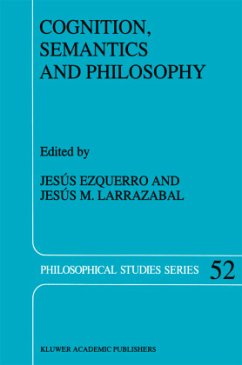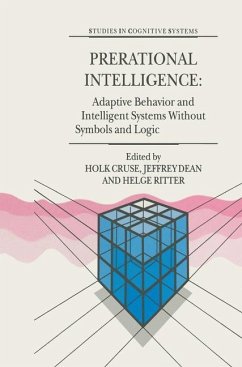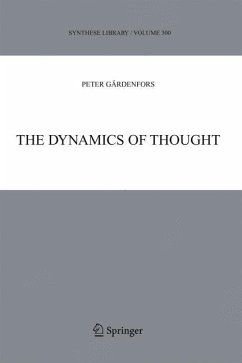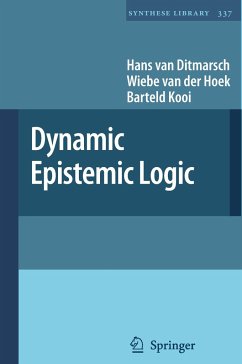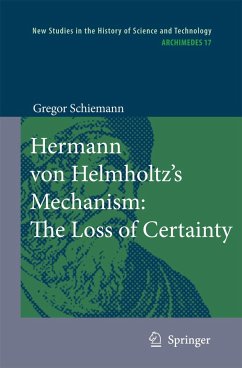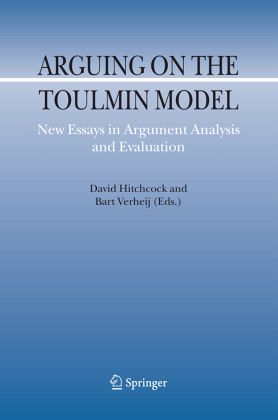
Arguing on the Toulmin Model
New Essays in Argument Analysis and Evaluation
Herausgegeben: Hitchcock, David; Verheij, Bart
Versandkostenfrei!
Versandfertig in 6-10 Tagen
167,99 €
inkl. MwSt.

PAYBACK Punkte
84 °P sammeln!
Summarizing, in The Uses of Argument Toulmin emphasized a number of points that are by now familiar, but still deserve attention: 1. Reasoning and argument involve not only support for points of view, but also attack against them. 2. Reasoning can have qualified conclusions. 3. There are other good types of argument than those of standard formal logic. 4. Unstated assumptions linking premisses to a conclusion are better thought of as inference licenses than as implicit premisses. 5. Standards of reasoning can be field dependent, and can be themselves the subject of argumentation. Each of these...
Summarizing, in The Uses of Argument Toulmin emphasized a number of points that are by now familiar, but still deserve attention: 1. Reasoning and argument involve not only support for points of view, but also attack against them. 2. Reasoning can have qualified conclusions. 3. There are other good types of argument than those of standard formal logic. 4. Unstated assumptions linking premisses to a conclusion are better thought of as inference licenses than as implicit premisses. 5. Standards of reasoning can be field dependent, and can be themselves the subject of argumentation. Each of these points is illustrated by his layout of arguments. The rebuttal illustrates the first point, the qualifier the second point, and the warrant and backing the last three points. 2. RECEPTION OF TOULMIN'S BOOK As Toulmin himself notes in his essay in this volume, which was delivered as an address in 2005, his fellow philosophers we re initially hostile to the ideas in his book. They were takenup, however, by specialists in fields like jurisprudence and psychology, who found that they fit the form s of argument and reasoning that they were studying. And Toulmin's model was embraced by the field of speech communication in the United States, whose textbooks on argumentation now include an obligatory chapter on the Toulmin model of micro arguments.



